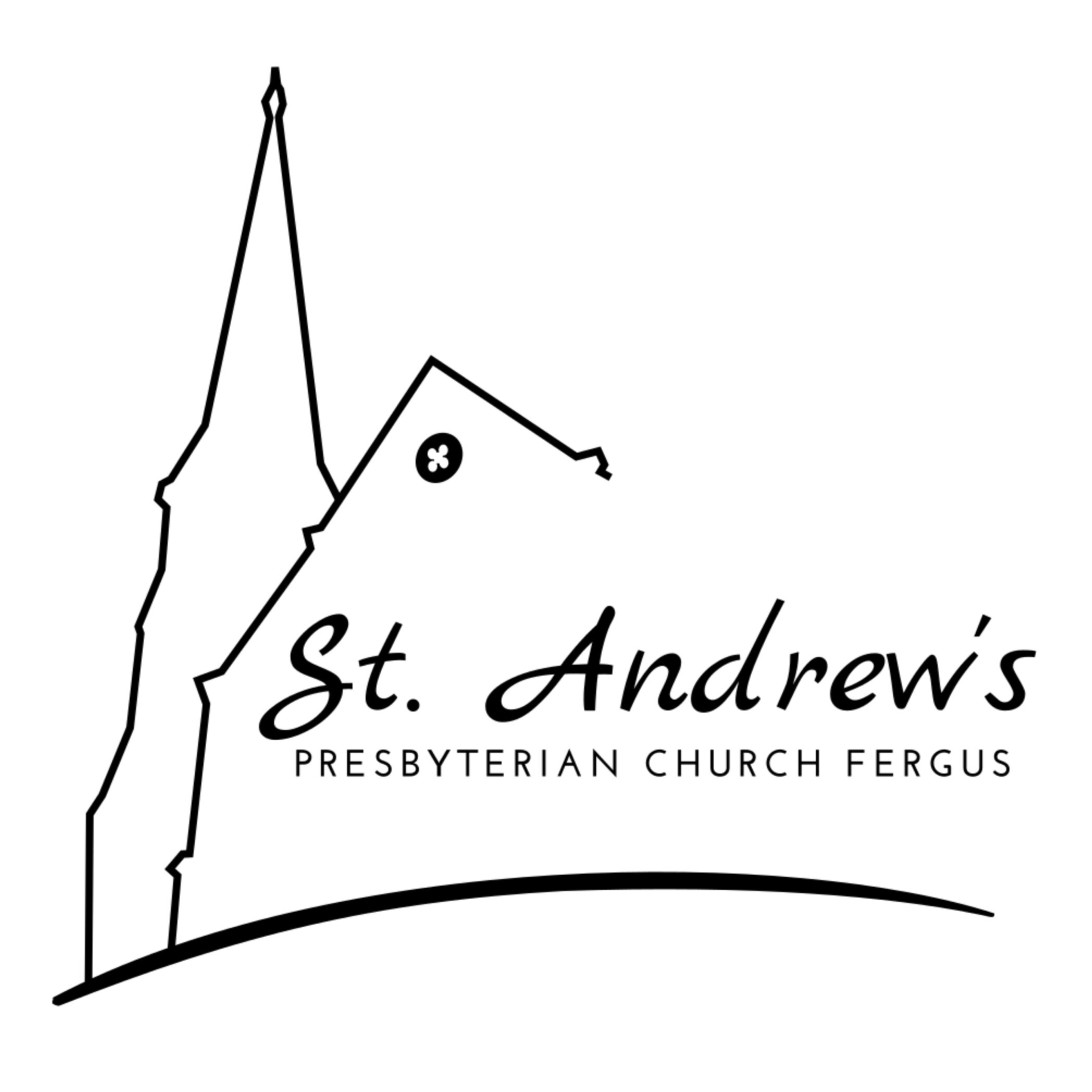How Long, O God
Psalm 74:1-12, 20-23
A Maskil of Asaph.
1 O God, why do you cast us off forever?
Why does your anger smoke against the sheep of your pasture?
2 Remember your congregation, which you acquired long ago,
which you redeemed to be the tribe of your heritage.
Remember Mount Zion, where you came to dwell.
3 Direct your steps to the perpetual ruins; the enemy has destroyed everything in the sanctuary.
4 Your foes have roared within your holy place; they set up their emblems there.
5 At the upper entrance they hacked the wooden trellis with axes.
6 And then, with hatchets and hammers, they smashed all its carved work.
7 They set your sanctuary on fire; they desecrated the dwelling place of your name,
bringing it to the ground.
8 They said to themselves, “We will utterly subdue them”;
they burned all the meeting places of God in the land.
9 We do not see our emblems; there is no longer any prophet,
and there is no one among us who knows how long.
10 How long, O God, is the foe to scoff? Is the enemy to revile your name forever?
11 Why do you hold back your hand; why do you keep your hand in your bosom?
12 Yet God my King is from of old, working salvation in the earth….
20 Have regard for your covenant, for the dark places of the land are full of the haunts of violence.
21 Do not let the downtrodden be put to shame; let the poor and needy praise your name.
22 Rise up, O God, plead your cause; remember how the impious scoff at you all day long.
23 Do not forget the clamor of your foes,
the uproar of your adversaries that goes up continually.
The nation of Judah has been captured, Jerusalem has fallen, and the temple with it. The temple lies in ruins – broken by axes, hatchets and hammers – and then burned. The invaders have set up emblems (vs. 4) of their power, their authority, their presence. The people of Judah on the other hand have no place where their emblems (vs 9) are present, they have no leaders, no prophets. They are a nation that has been captured.
In that state the writer, Asaph, turns to God. The nation may have been captured, the invaders may control all the symbols of power, but the writer is committed to God alone as King. The God who had brought Israel from Egypt, and through many other trials is again working salvation in the world.
The underlying question is: Why has God not acted to protect the nation or the place where God is worshipped? Why has God remained inactive and silent in the face of this affront to his power and place? In that Asaph is like so many of God’s people through history who have asked the same question. There is no answer other than to cling more tightly to God, trusting in his faithfulness to act at some point in the future, when the time is right.
Vs. 20 is worth a comment. The covenant was a treaty between God and the people of Israel in which God promised faithfulness and protection and the people promised loyalty and obedience. “The places of the land” that are “full of the haunts of violence” require intervention by God. We are invited to ask that God would intervene in the places in our communities that are “haunts of violence.”
PRAYER:
Lord God, it feels at times like the church is in ruins. We see congregations closing, congregations in decline, Christianity being criticized – we are in despair. Why are you not acting? In despair we come to you and bring the world to you. Help us, remind us of your faithfulness, give us hope that you will act. In Jesus’ name. Amen.
